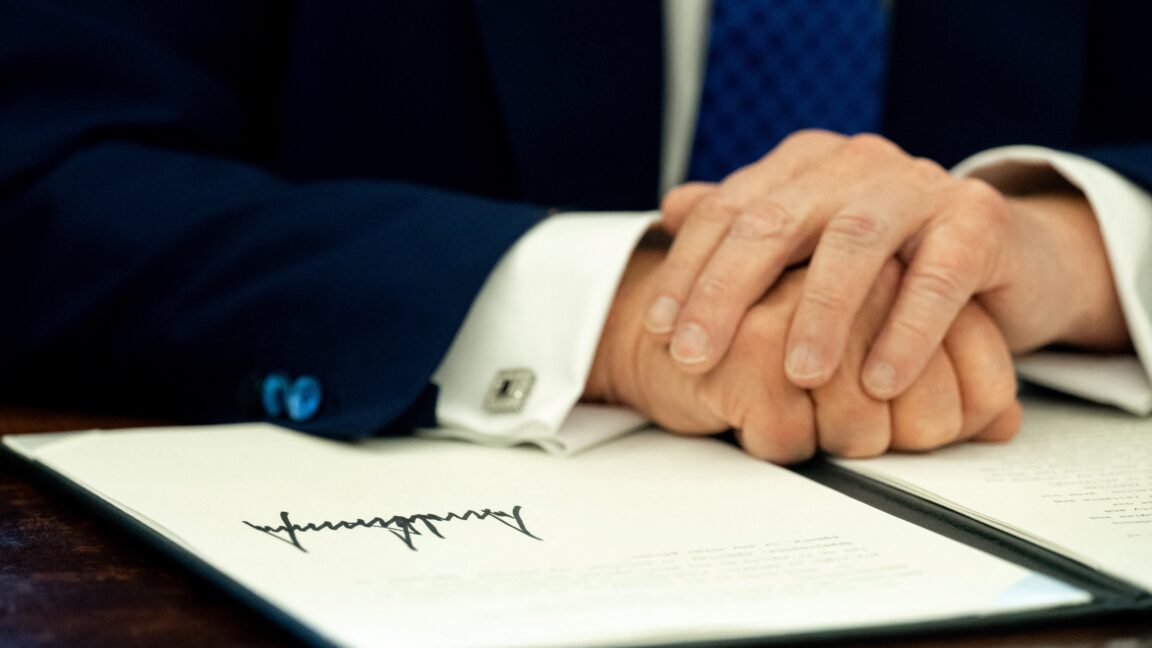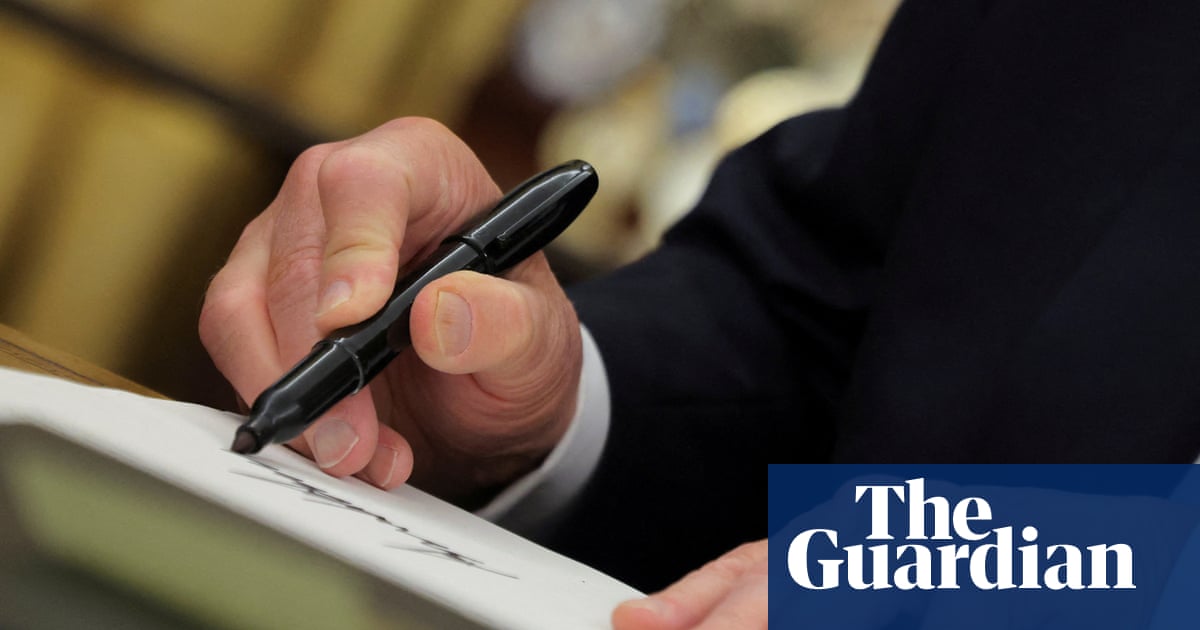Trump Expands Presidential Control Over Independent Regulatory Agencies
President Trump signed an executive order allowing greater White House oversight of independent agencies, raising concerns about the impact on their autonomy and regulatory functions.
Overview
President Trump has issued an executive order that significantly increases White House control over independent regulatory agencies like the SEC, FTC, and FCC. This order mandates that these agencies submit their regulations for review and establish White House liaisons, effectively reducing their long-standing autonomy. Critics argue that this move politicizes numerous regulatory functions, undermines consumer protections, and may lead to legal challenges to the order's constitutionality. Proponents claim it enhances accountability, emphasizing the president's role in overseeing executive branch functions. The order is expected to escalate tensions over the separation of powers in U.S. governance.
Report issue

Read both sides in 5 minutes each day
Analysis
Analysis unavailable for this viewpoint.
Articles (5)
Center (4)
FAQ
The executive order targets independent regulatory agencies such as the Federal Trade Commission (FTC), Federal Communications Commission (FCC), and Securities and Exchange Commission (SEC). It also affects other independent agencies across the government.
The order reduces the autonomy of independent agencies by requiring them to submit proposed and final regulations for review by the White House Office of Information and Regulatory Affairs (OIRA) and establishing White House liaisons within the agencies.
The order is expected to face legal challenges, as critics argue it oversteps constitutional boundaries by undermining the independence of agencies that Congress has shielded from White House influence.
Proponents argue that the order enhances accountability by ensuring that all federal agencies are supervised by the president, as required by the Constitution, thereby aligning their actions with the will of the American people.
History
- This story does not have any previous versions.



